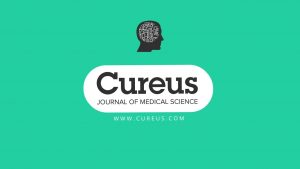A journal and publisher have retracted three papers about abortion, including one that has been used in court cases to support the suspension of FDA approval for mifepristone, aka an “abortion pill.”
Sage, the publisher of Health Services Research and Managerial Epidemiology, announced the retractions yesterday and posted a retraction notice covering the three articles.
For one of those articles, initially flagged by a reader, “an independent reviewer with expertise in statistical analyses evaluated the concerns and opined that the article’s presentation of the data in Figures 2 and 3 leads to an inaccurate conclusion and that the composition of the cohort studied has problems that could affect the article’s conclusions,” according to the notice.
Continue reading Papers used by judge to justify abortion pill suspension retracted




